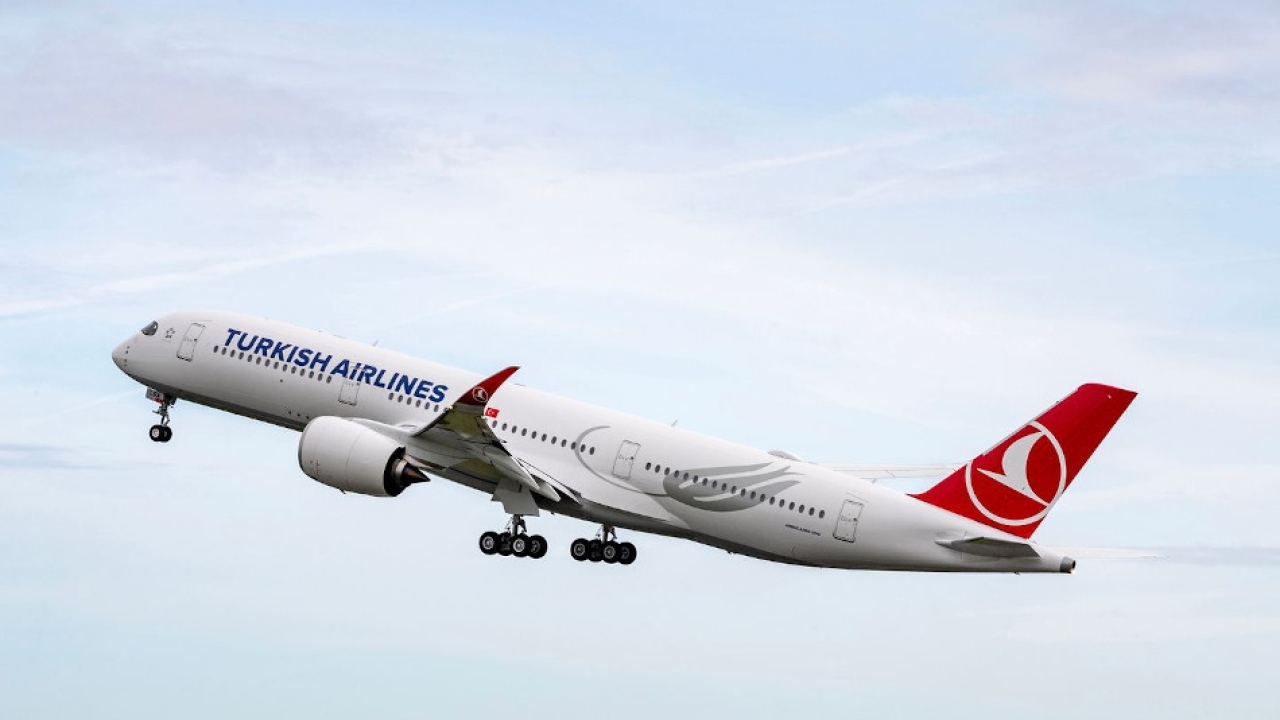MRO faces up to the ‘perfect storm’
The MRO industry is braced for major fall-out from the global pandemic crisis. Will independents be able to weather this perfect storm? Chuck Grieve searches for answers.

“Nothing is the same... first impacts are massive.” So said Lufthansa Technik (LHT) chairman, Dr Johannes Bussmann, in late March, and few in the MRO industry would disagree.
Throughout the Middle East as elsewhere, MROs have been forced to recalibrate their workflow and financial projections as operators take drastic action against the spread of the coronavirus.
It led David Marcontell, a partner at global management consulting firm, Oliver Wyman, to tell journalists that the suspended services, parked fleets and cancelled or deferred work orders, would “turn into a real crisis for the MRO community”.
Bussmann, speaking at LHT’s annual financial presentation, painted a sober picture. The maintenance industry, normally a lagging indicator, was already suffering from the decline in air traffic. “Everything depends on the duration of the crisis and how our customers will recover from it.”
The key, he said, was preparation, so MRO providers were able to deliver at any time. “Especially now, our customers need a reliable technical partner.”
His sentiments were echoed by Michael Schreyögg, chief programme officer of MTU Aero Engines. Speaking in mid-February, he said his company’s policy was to “stay close” to customers at difficult times and help where possible. This could be by extending engine leasing periods or payment terms, or perhaps prioritising MRO shop activities by the criticality of customers’ needs.
“We are certain that the medium and long-term prospects for the aviation industry will remain positive,” he said. “All past crises have shown that the need for mobility will return.”
For the Middle East, the Oliver Wyman forecast said international travel restrictions will drive “the steepest declines” before air travel, which underpins MRO demand, begins, what the consultancy predicts, will be a 9-18 month recovery.
Meanwhile, aircraft operators could be expected to put a freeze on non-essential maintenance, said Marcontell: “Anything that requires money being spent – for material or third-party MRO services.”
At Etihad Engineering in Abu Dhabi, a spokesman said the fast-changing situation in global aviation was putting its flexibility and agility to the test as MRO customers weighed up their options. The spokesman said some had initially viewed reduced flight schedules as both an opportunity to bring forward some maintenance and to push scheduled heavy checks back in the year. “There are new developments every day.”
Extensive fleet rationalisation is expected at airlines that survive the crisis. Industry commentators warn of the knock-on effect on MRO here too. Many MROs active in the Middle East saw a silver lining in the Boeing 737MAX cloud, as airlines turned to older models, such as the 737NG, to meet strong demand.
Airlines may now choose to swap older aircraft for new to avoid the cost of heavy maintenance checks. Boeing already has a backlog of 737MAX aircraft ready to deliver when it receives recertification; the US prime expects this part of the crisis to be resolved by the summer.
Having benefited in recent years from a strong demand for mid-life aircraft, especially narrow-bodies, MROs may find themselves much quieter as the newer aircraft that remain won’t require the same level of maintenance for several years. However, the longer the MAX is grounded, the further into the future its mandated maintenance checks will be pushed, having an impact on MRO capacity and revenue.
Boeing will have its work cut out in more ways than one in coming years. MROs have gone on the record as saying the MAX saga has undermined confidence in the Seattle airframer. A possible upshot of this is greater caution in the aftermarket and a greater reliance on third-parties for inspection services.
It’s the short term that worries the Aeronautical Repair Station Association (ARSA), the group representing MROs in the US. It has asked the US Government for “at least” $11 billion in grants and loans to help its members pay their staff for the nine months that the association believes the pandemic-related disruption will last.
It is also asking for tax incentives, such as the “highly successful” depreciation bonus created after 9/11.
Stay up to date
Subscribe to the free Times Aerospace newsletter and receive the latest content every week. We'll never share your email address.

